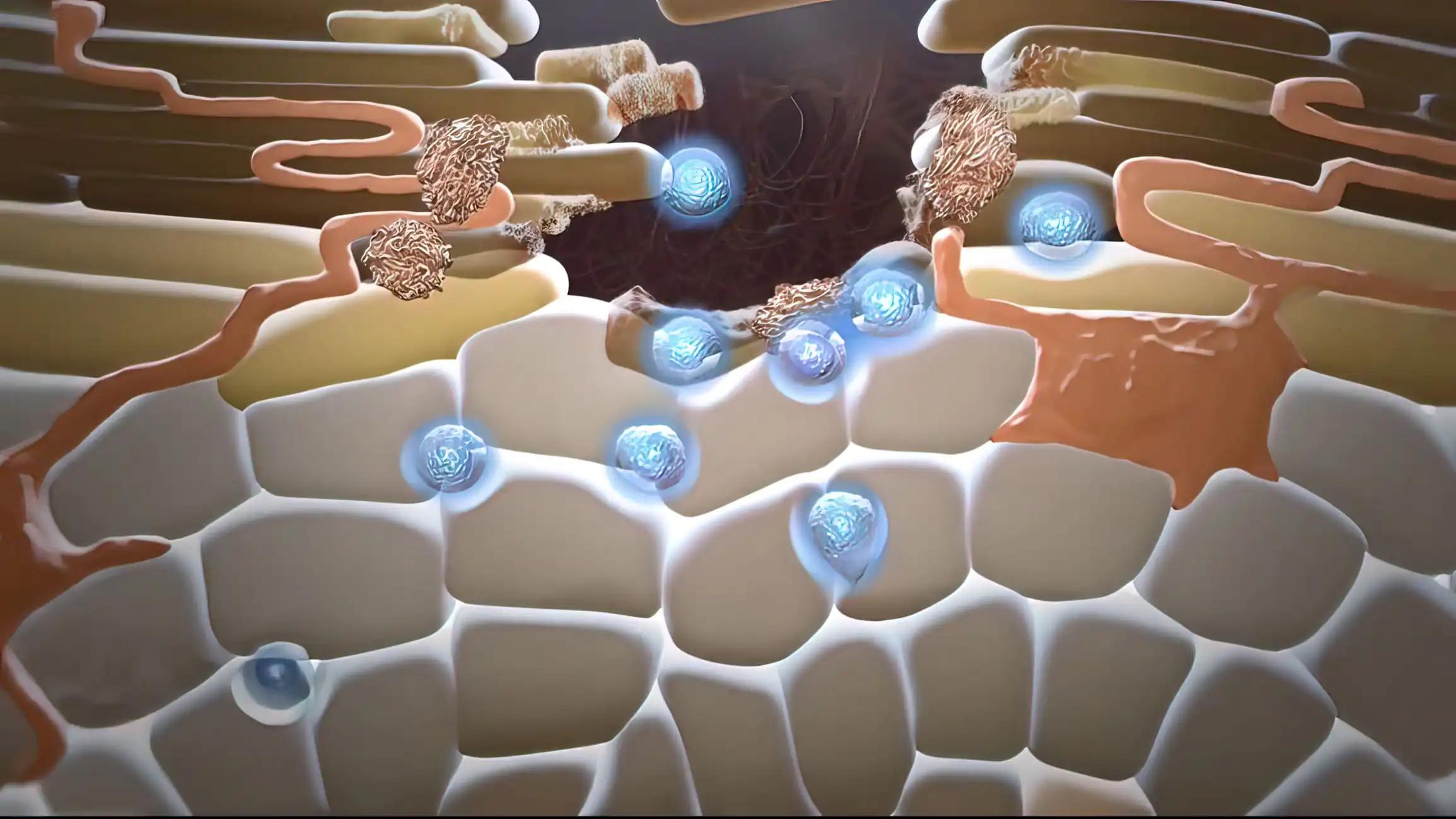KEY TAKEAWAYS
- The study aimed to to compare endotoxin-free PACA NP variants loaded with CBZ and assess folate conjugation effects in TNBC.
- CBZ-loaded PEBCA NPs demonstrated dual impact on TNBC, suggesting potential for enhanced anti-tumor response.
Biodegradable poly(alkyl cyanoacrylate) (PACA) nanoparticles (NPs) are gaining traction in anti-cancer nanomedicine, not only for targeted chemotherapy but also for tumor microenvironment modulation.
Previously, encouraging outcomes were reported with cabazitaxel (CBZ) loaded poly(2-ethylbutyl cyanoacrylate) NPs (PEBCA-CBZ NPs) in a patient-derived xenograft (PDX) model of triple-negative breast cancer, correlated with reduced M2 macrophages.
Remya Valsala Kumari and the team conducted a study that aimed to compare two endotoxin-free PACA NP variants (PEBCA and poly(2-ethylhexyl cyanoacrylate); PEHCA), loaded with CBZ, and evaluate the potential enhancement of their effects through folate conjugation.
Cytotoxicity assays and NP cellular uptake were conducted using flow cytometry across various breast cancer cell lines. Biodistribution and efficacy analyses were carried out in PDX breast cancer models. Tumor-associated immune cells were examined via multiparametric flow cytometry.
In vitro investigations revealed similar patterns of NP-induced cytotoxicity, despite disparities in early NP internalization. Upon intravenous administration, the liver predominantly cleared the NPs. Efficacy assessments in the HBCx39 PDX model showcased an augmented impact of drug-loaded PEBCA variants in comparison to free drug and PEHCA NPs.
Additionally, folate-conjugated PEBCA variants exhibited no discernible enhanced effects relative to their unconjugated counterparts, potentially attributed to an unfavorable folate orientation on the NPs. Notably, analyses of immune cell populations within tumors unveiled that treatment with drug-loaded PEBCA variants notably influenced myeloid cells, particularly macrophages, thereby fostering an inflammatory, immune-activated tumor microenvironment.
The study presented the inaugural comparative efficacy analysis of PEBCA and PEHCA NP variants in TNBC models. Analysis revealed that CBZ-loaded PEBCA NPs exert a dual impact on tumor cells and the tumor-associated myeloid compartment, potentially enhancing the anti-tumor response.
Research received funding from the Norwegian Cancer Society, Regional Health Authorities in South-East Norway, Maria Sklodowska-Curie Actions (MSCA-ITN-2020), Cancer Cluster Salzburg, Priority program ACBN (University of Salzburg), and The Research Council of Norway.
Source: https://pubmed.ncbi.nlm.nih.gov/38562610/
Valsalakumari R, Pandya AD, Prasmickaite L, et al. (2024) “Preclinical Efficacy of Cabazitaxel Loaded Poly(2-alkyl cyanoacrylate) Nanoparticle Variants.” Preclinical Efficacy of Cabazitaxel Loaded Poly(2-alkyl cyanoacrylate) Nanoparticle Variants. Int J Nanomedicine. 2024 Mar 26;19:3009-3029. doi: 10.2147/IJN.S450283. PMID: 38562610; PMCID: PMC10982070.



